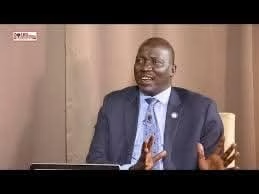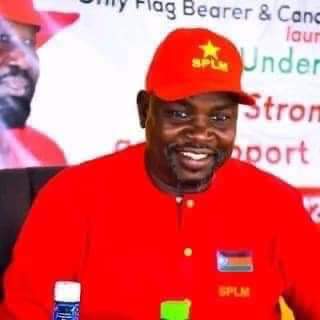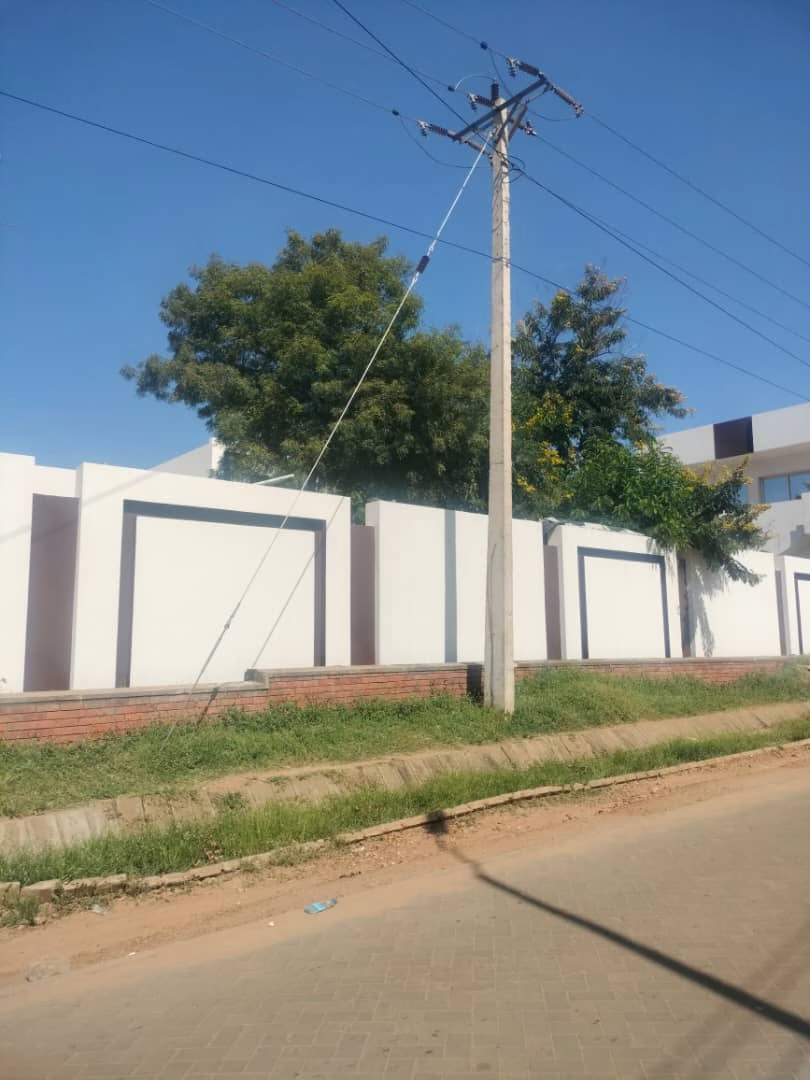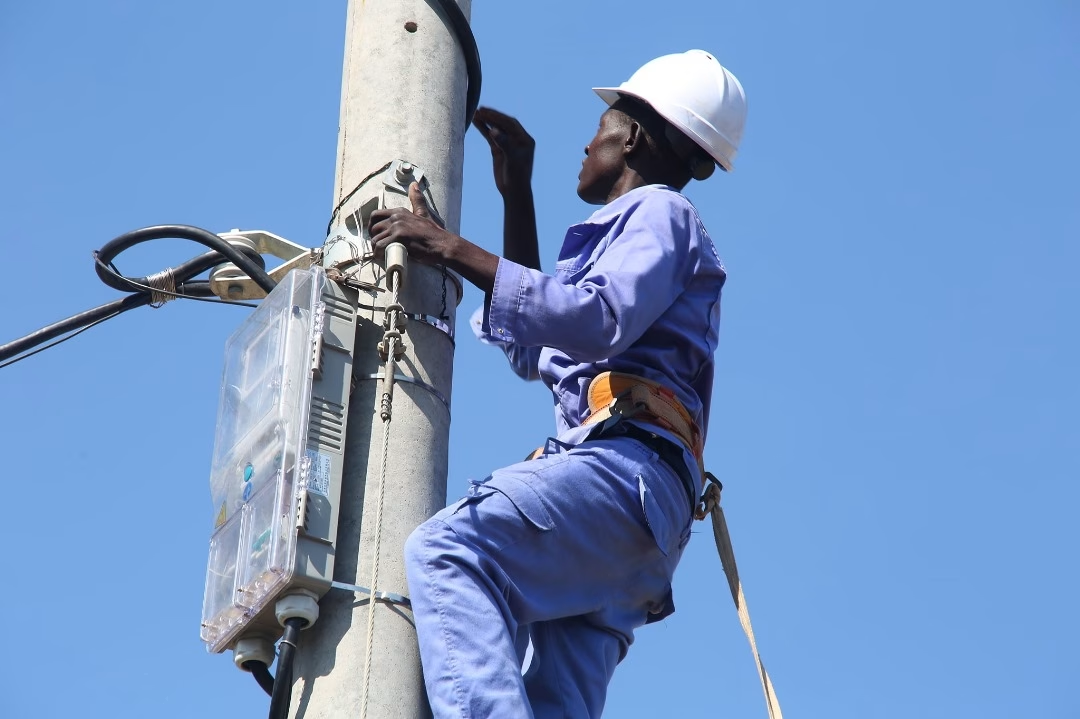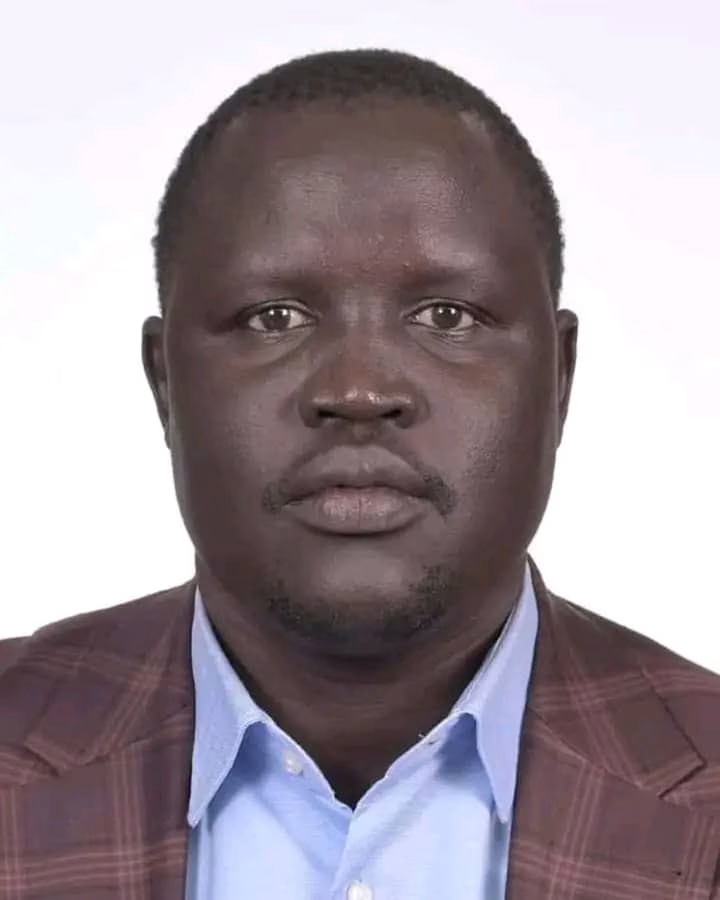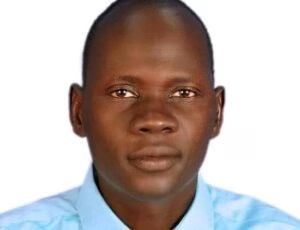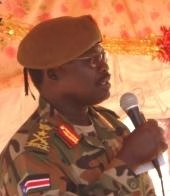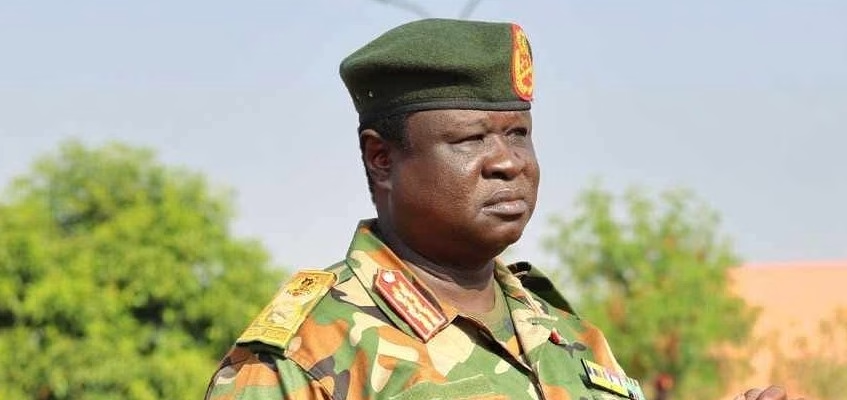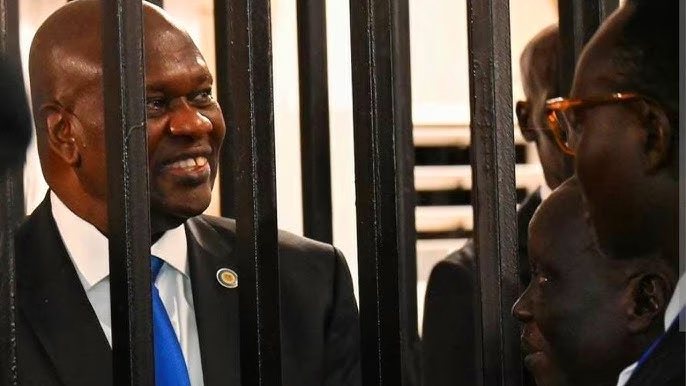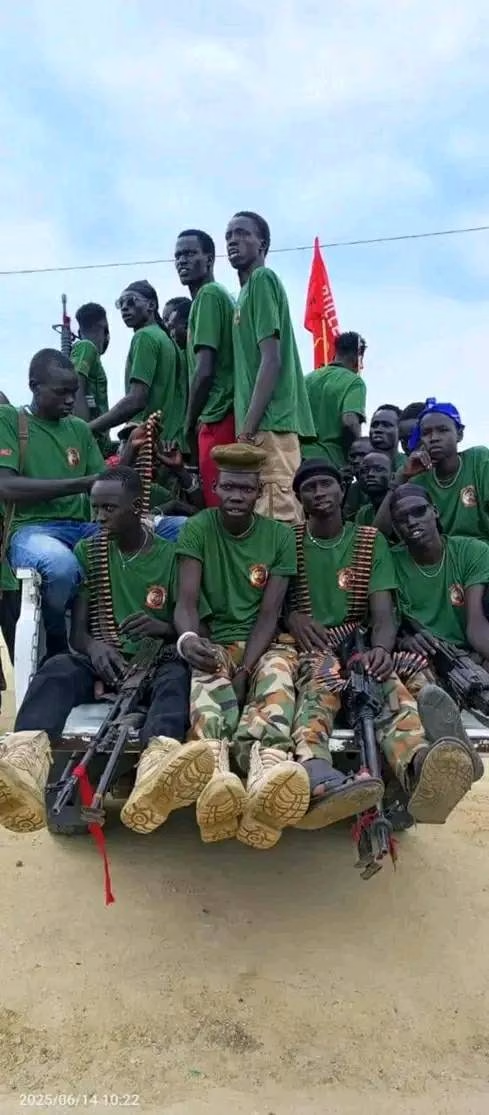South Sudan’s economy didn’t collapse on its own. It was pushed, drained, and mishandled at the hands of those who were supposed to protect it. Among the key figures who must be held responsible are former First Undersecretaries of the Ministry of Finance and Planning — Hon. Biel Jok Thich, Hon. Arop Noi, Hon. Kuol Ayol, Hon. Malual Tap Dieu, Hon. Deng Wal, and Ocun Karlo. Their time in office left behind a broken system and a bankrupt treasury.
Since independence, not a single top official has been held responsible for financial failure. Instead, many are quietly returned to power, given new posts while the country struggles to stand. This habit of recycling failed leadership must stop. Before any of these individuals find their way back into public office, they must be brought forward to face the mess they left behind.
What did these men actually do for economic recovery? Nothing that shows on the ground. While people suffered under inflation and unpaid salaries, these former first undersecretaries were signing off on contract after contract. But those deals mostly ended up benefiting themselves. In many cases, half of the contract funds were redirected into private accounts instead of the national account.
Worse still, public money ended up in the hands of scammers and unqualified individuals. These first undersecretaries didn’t just approve payments—they made sure their own cut was secured first. The rest of the money was then passed around without proper checks, with no concern for the country’s long-term future.
Today, we still see the damage. Schools and hospitals remain underfunded. Salaries are delayed. Infrastructure projects are abandoned halfway. Meanwhile, the men who drained the system walk free, untouched, and ready to return as if nothing happened.
The role of a First Undersecretary isn’t just about approving documents. It’s about leading government departments to perform. In a country like South Sudan, that means pushing for smarter spending, cracking down on waste, and moving reforms forward without delay. It’s about making sure every coin goes where it’s meant to—not into personal pockets.
We cannot stay silent any longer. Accountability has to start somewhere. These four individuals must be investigated. Their bank records, contracts, and past decisions should all be reviewed. If they are found guilty of abusing public trust, they should never return to public service again.
The future of South Sudan depends on whether we’re ready to face the truth. We’ve lost too much already. It’s time to stop pretending that corruption has no name. It does—and in this case, it starts with Hon. Arop Nuoi, Biel Jok Thich, Kuol Ayol, Malual Tap Dieu, and Ocun Karlo. Let them answer for what they’ve done. This list must also include James Deng Wal, former Executive Director in the office of the president who have messed up the high office with corruption and other malpractices.
Nevertheless, now that a special court is in place, I respectfully call on His Excellency President Salva Kiir Mayardit to establish a high-level committee to review and audit the actions of former undersecretaries. There have been serious concerns about how contracts were handed out to private companies, and this deserves a closer look.
Those who took part in any misuse of public resources should be brought before the court. This is the moment to stand for fairness and show that no one is above the law. Justice must be seen, and trust in our institutions must be restored.

